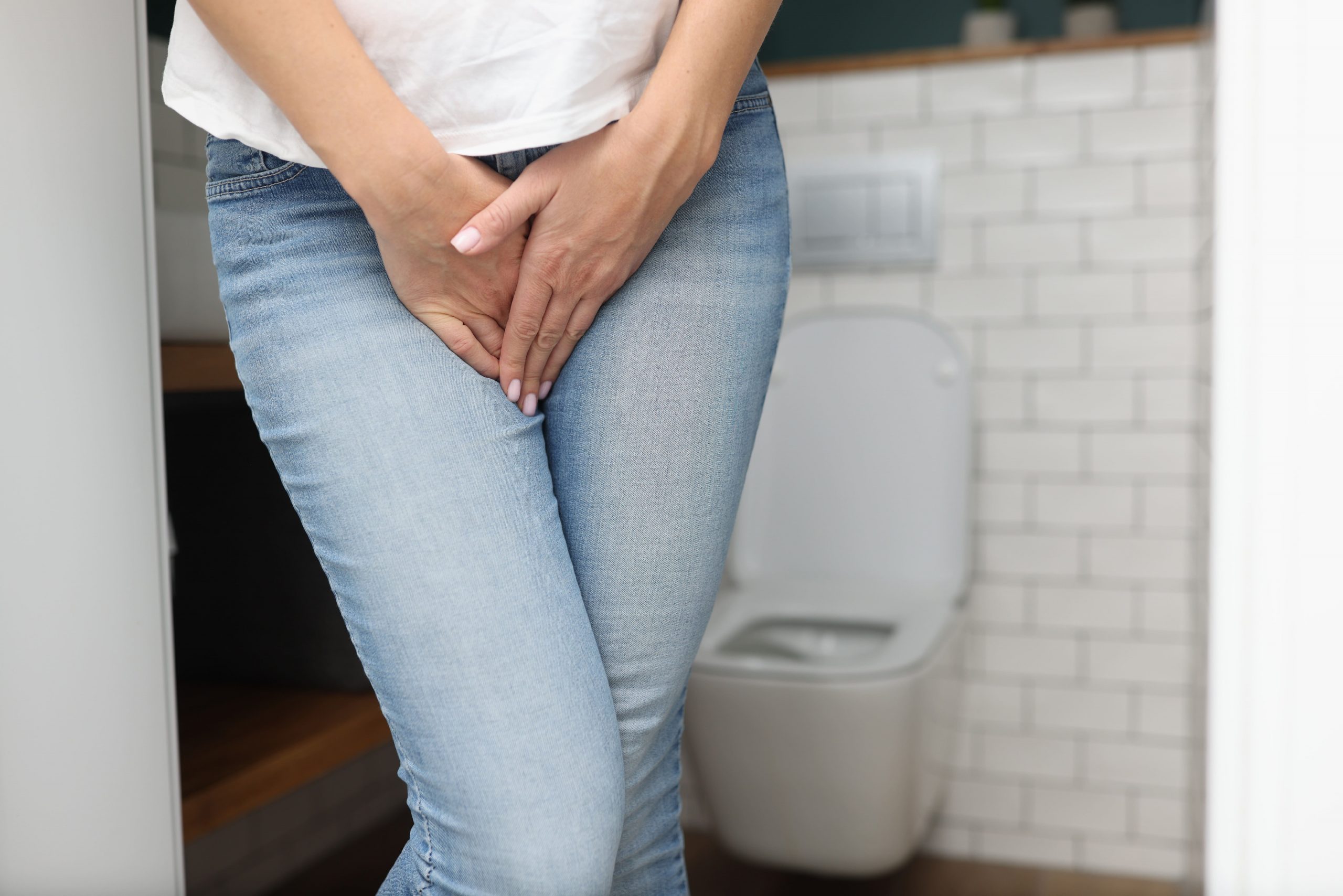Overactive Bladder Treatment in Dubai
Overactive Bladder Additional Information

Causes & Risk Factors of Overactive Bladder
With a healthy bladder, signals in your brain let you know that your bladder is getting full or is full, but you can wait to go to the bathroom. With OAB, you can’t wait. You feel a sudden, urgent need to go. This can happen even if your bladder isn’t full. If the nerve signals between your bladder and brain don’t work properly, OAB can result. The signals might tell your bladder to empty, even when it isn’t full.
Risk Factors for OAB
Neurologic disorders or damage to the signals between your brain and bladder
- Hormone changes
- Pelvic muscle weakness or spasms
- A urinary tract infection
- Side effects from a medication
- Diseases that affect the brain or spinal cord, like stroke and multiple sclerosis
- Caffeine
Overactive Bladder Diagnosis
The major symptom of OAB is a sudden, strong urge to urinate that you can’t ignore. This “gotta go” feeling makes you fear you will leak if you don’t get to a bathroom right away. You may or may not actually leak with this urge to go.
Treatment for Overactive Bladder
If you are diagnosed with OAB a urologist will make recommendations about how to best manage your condition. A number of treatment choices are available including:
Treatment may include:
- Behavioral and lifestyle changes
- Medical and surgical treatments
- Prescription drugs
- Nerve stimulation therapy (peripheral and central)

